Norfolk Island
New South Wales
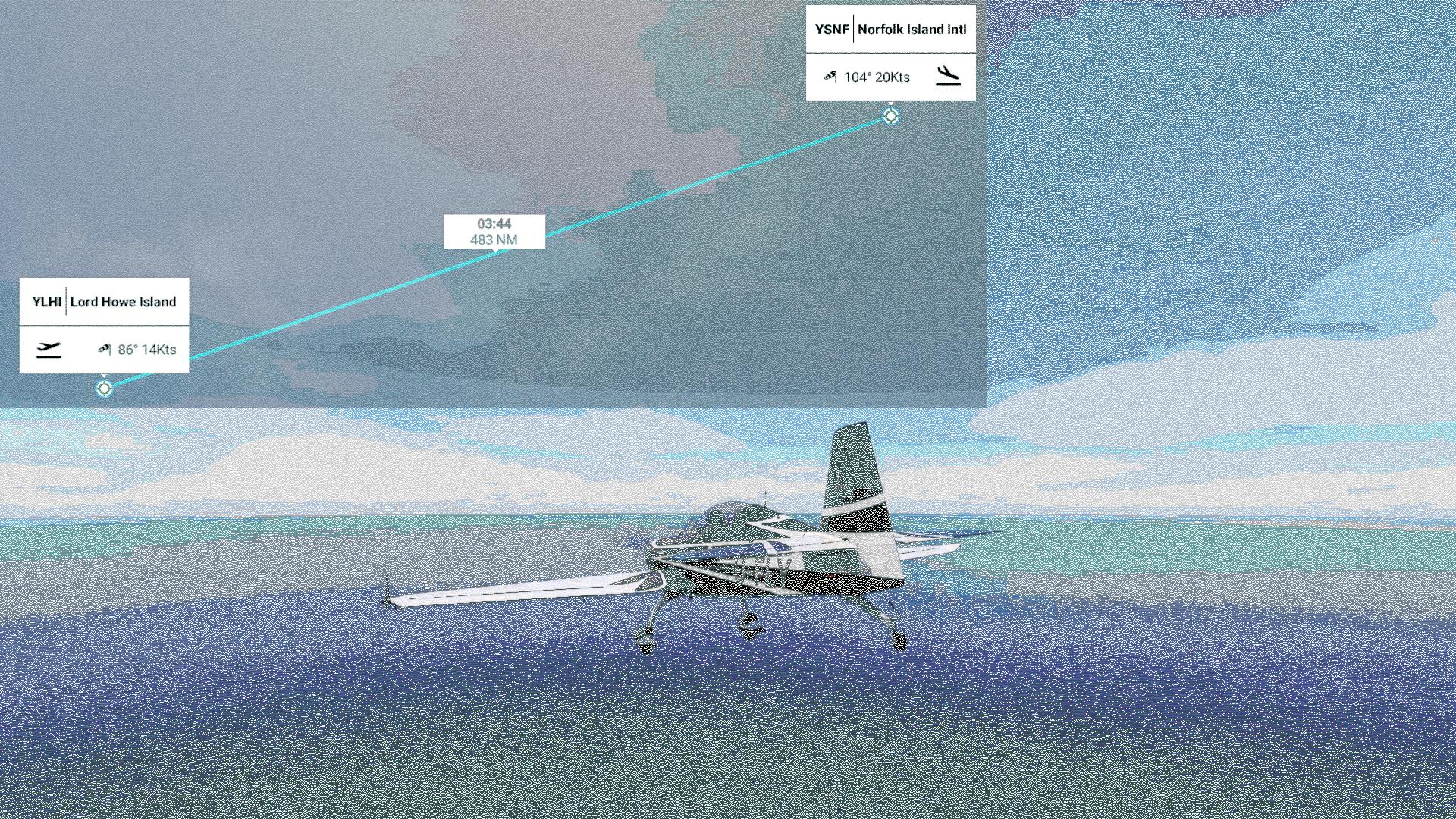
Today were taking a trip to Norfolk Island. Really, from Lord Howe, your options are back to the mainland or on to Norfolk. So on to Norfolk. I've included it as part of New South Wales, but in reality, it, along with nearby Phillip and Nepean Islands, form the external Territory of Norfolk Island. And you can probably start a fight in any of the bars there by suggesting they are a part of New South Wales. Anyhow, off to the the place that is so remote and rugged that even the original Polynesian settlers, possibly from one or both of New Zealand and/or New Caledonia, abandoned it well before Captain Cook landed here in 1774.
In 1776 the U.S. stopped accepting British prisoners and so the prisons back home started filling up. This was the era of the Bloody Code. So in 1788, Norfolk Island found itself home to a penal colony.
But as quickly as 1794 the governor of New South Wales (most of Australia, New Zealand, Tasmania, and, more to the point, Norfolk Island) determined that it was too expensive to keep prisoners on this remote island, even though it was an excellent place to grow hemp and flax, and hemp in particular was in short supply due to Russian embargos. So in 1814 the island was abandoned, but not before destroying anything of value on the island so as not to attract pests such as the French.
By 1824 there was a new governor of New South Wales, and he had a new problem. Some of the convicts sent to the penal colonies near Sydney for heinous crimes in Britain had then proceeded to commit heinous crimes in New South Wales. So where do you send someone who lacks the moral fiber to live in a penal colony in Australia? Norfolk Island.
But by 1855 the prohibitive costs of administering this remote island as a penal colony again caused a brief abandonment. Brief, because one year later, the descendants of the Bounty mutiny, now seventy years later and a thriving group of between 193 and 194 souls, outgrew Pitcairn Island and arrived here on the Morayshire to start a fresh colony. And they did quite well. This is the only island in forever in any direction, and so all of the whaling vessels in the area at one time or another would pull into Norfolk to take on food, water, and the occasional volunteer.
And that was pretty much the state of affairs until the Second World War. The overly large airfield was built, and 1500 New Zealand infantry arrived to replace the Aussies who were manning the fort. Everything was in readiness for the inevitable Japanese attack.
Turns out this island is so very remote that the Japanese had no particular use for it. So the army left, leaving a great airstrip and a population of mutineer descendants who had no great love of foreign interference. And there has been a lot of interference from the Australian Government over the years. In 1979 Norfolk was granted limited self-government by Australia, but ever since, reforms have been eating away at this autonomy and generally without any feedback from the islanders. As of 2016, Norfolk Island is fully part of Australia and they now pay taxes and are eligible for welfare. But 68% of islanders are against these reforms and want to become part of New Zealand, or even a Non-Self Governing Territory, a somewhat confusing United Nations concept which essentially means an autonomous state that is too small to be a country, so it is technically within some other state.
So we're going to pop in for a visit, and stay completely mum about considering them to be a part of New South Wales or even Australia.
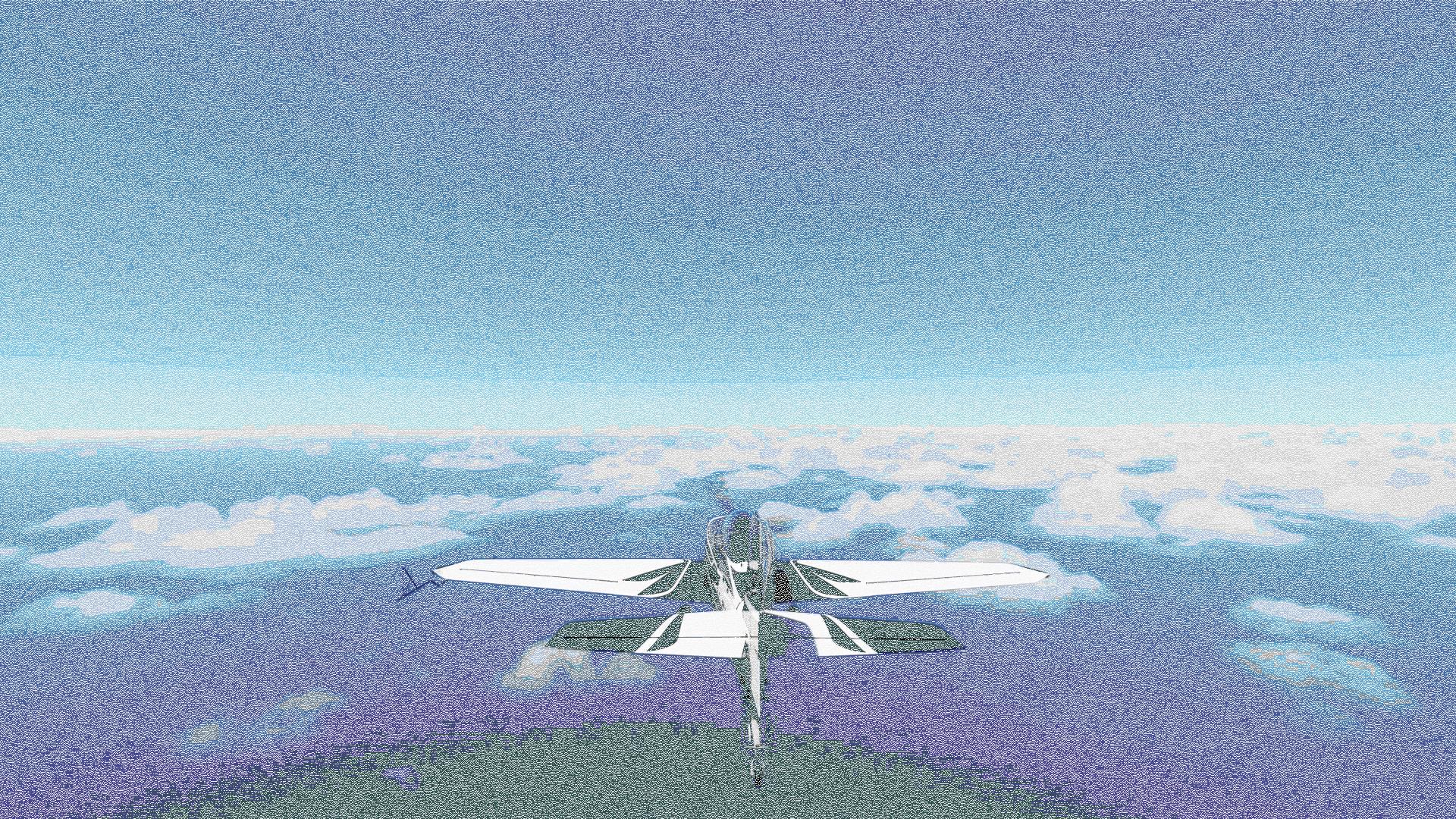 Man, this ocean is big.
Man, this ocean is big.
|
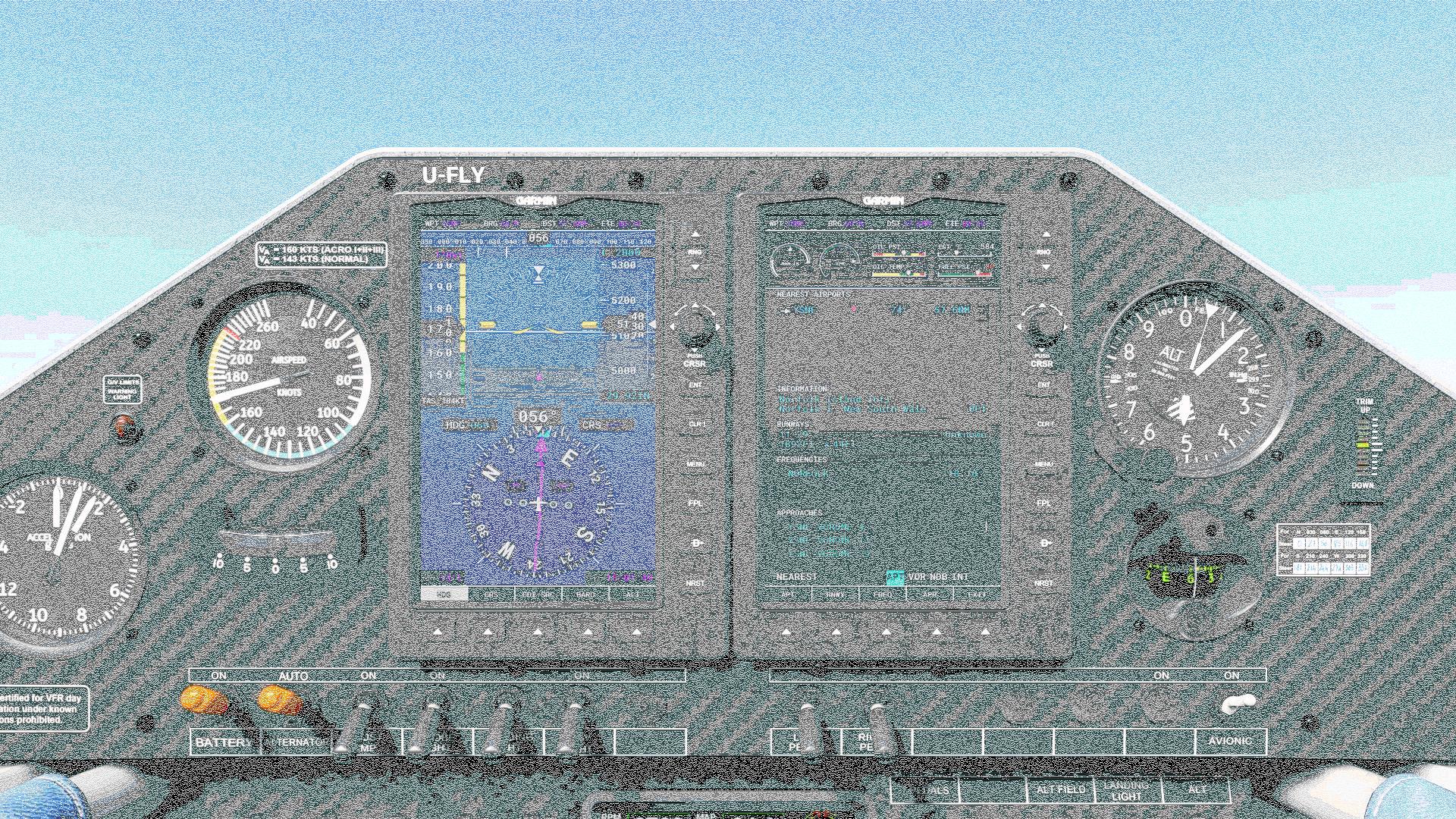 Cool gadgets, eh? I might need to upgrade to one of these permanently. It must have been terrifying trying to do this trip back in the day without all these modern gadgets.
Cool gadgets, eh? I might need to upgrade to one of these permanently. It must have been terrifying trying to do this trip back in the day without all these modern gadgets.
|
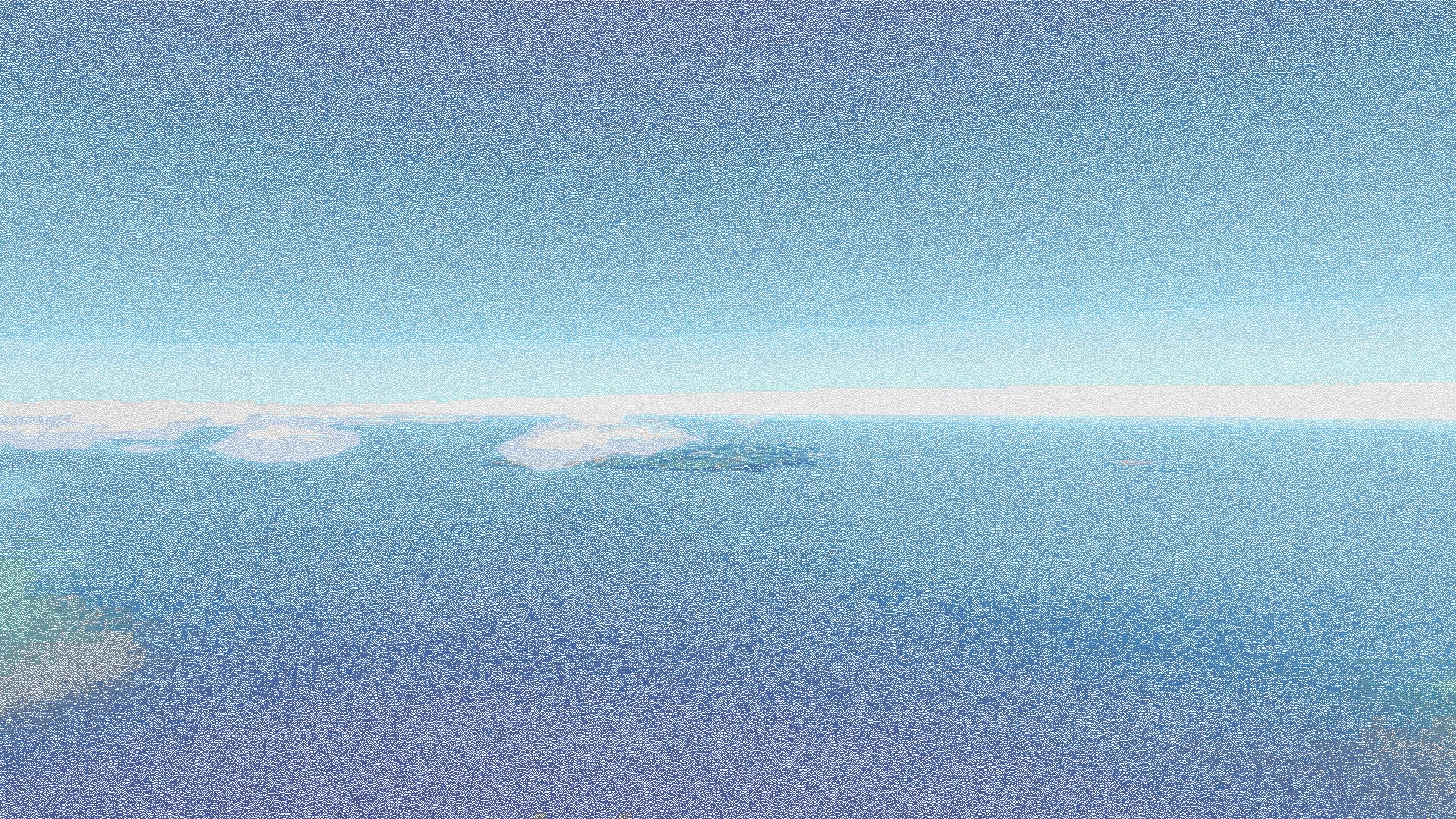 Land ho! I think. After three hours with nothing but ocean you get a little hopefull.
Land ho! I think. After three hours with nothing but ocean you get a little hopefull.
|
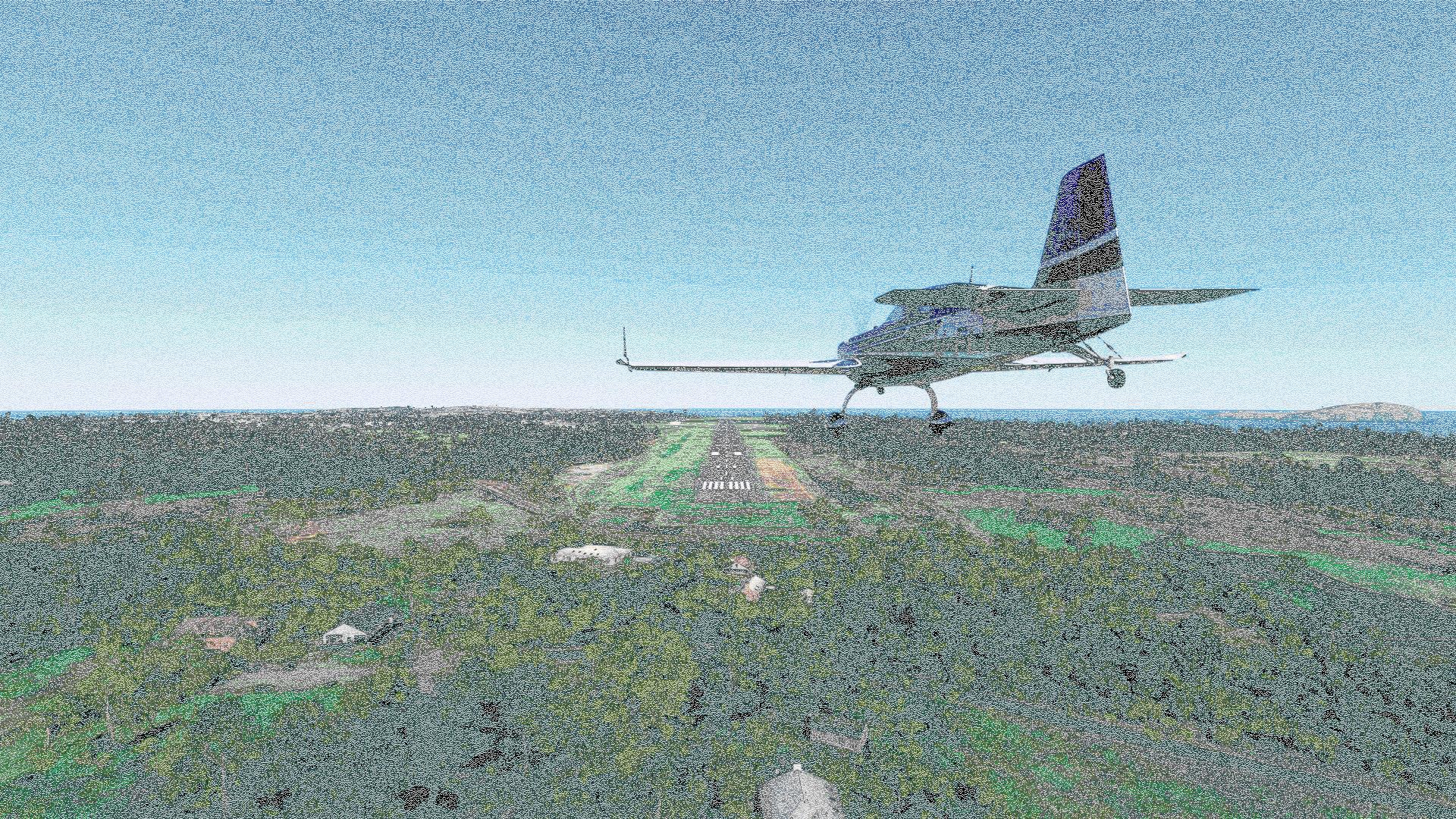 Yup. Here we are on about the remotest island paradise you could hope to find. Fun Facts: the cows have right-of-way, and the phone book lists people by their nicknames.
Yup. Here we are on about the remotest island paradise you could hope to find. Fun Facts: the cows have right-of-way, and the phone book lists people by their nicknames.So let's go visit da bass side orn Earth. |